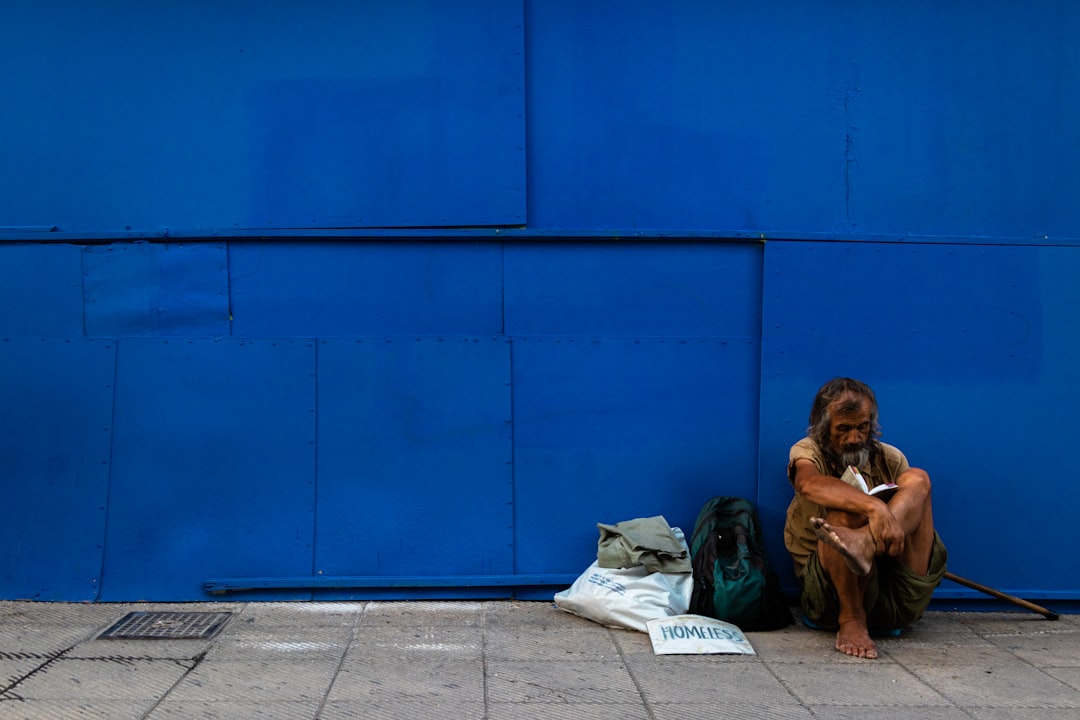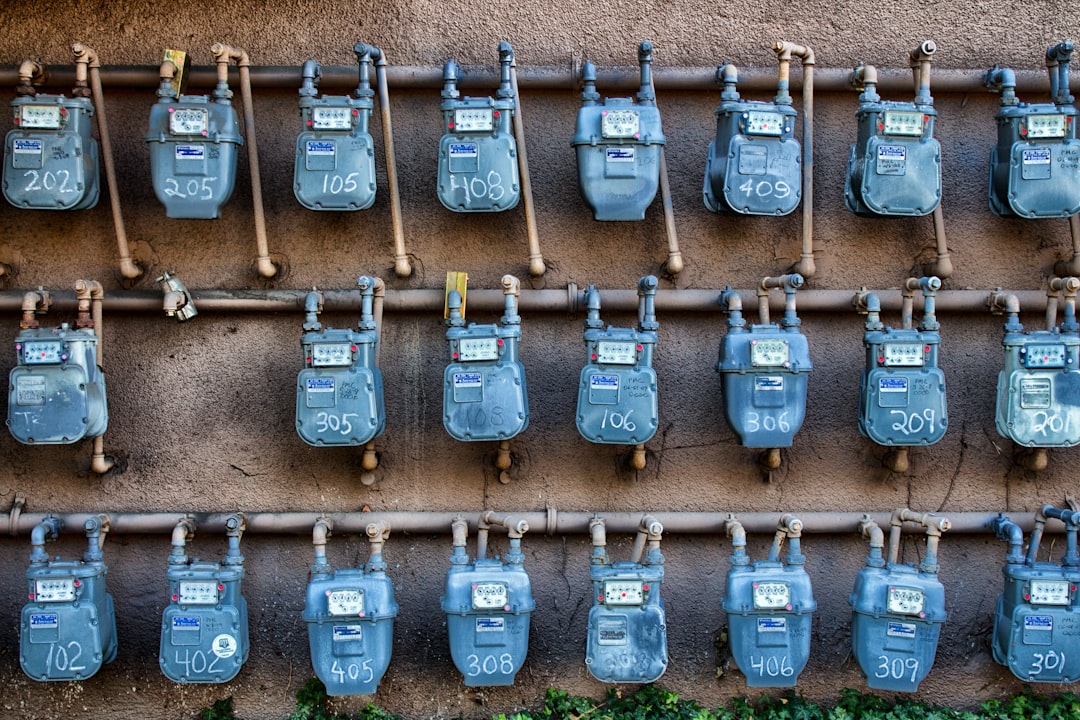Micro-Dosing Landlordism
Jeff Bezos, real estate, and crabs escaping the bucket
A real estate company, backed by Jeff Bezos, is launching a new venture to buy up single-family homes. But somehow that isn’t even the worst part. In reading about this company, Arrived, you quickly learn that the fund to buy up single-family homes across the United States isn’t even their core business. Their main endeavor is to allow anyone to invest in “shares” of residential housing. As Yahoo News puts it, “This Jeff Bezos-backed startup will allow you to become a landlord in just 10 minutes and you only need $100.” I can’t tell you how hard my jaw hit the floor when I first read that. I’m still trying to scrape it off. When we talk about this era of capitalism, and exploitation described as innovation, this ‘real estate investment’ venture might be the most quintessential example. It encapsulates everything that’s wrong with our economic system today.

The systemic effect of this endeavor will be to further worsen the housing crisis, already at untenable levels. While many of us recoil violently from the idea of becoming a mini-landlord by owning 1/100th of our neighbor's house, some people will see this as an opportunity. And, in the short term, they’ll be right. Initially people will probably see decent returns on these little investments, because housing is a basic necessity and even as the cost keeps skyrocketing most tenants will continue to pay. But there is a limit. Homelessness has jumped in recent years, and as the cost of housing keeps increasing those numbers will keep rising. And if lots of ordinary people jump on this bandwagon of putting their money into real estate, the cost of renting will rise at an accelerating rate. This will lead to a bubble, not to mention how it will encourage tenant organizing and regulations and others alternatives as people desperately search for a way to have affordable housing. So one way or another this business model will become unsustainable, and the small-time investors who choose to become small-time landlords will that find their money has run off.
Just as upsetting as the material reality we are seeing, with more and more people being evicted and ending up on relatives' couches or in the streets, is the mindset that undergirds a willingness to grab a share of landlordism. We’ve been taught that we need to get money whichever way we can. We’ve been taught, implicitly and explicitly, to not think too much about the morality of any business venture that is technically legal. We’ve been taught that we won’t be okay unless we look out for number 1 (ourselves) constantly, even when that means stepping on others. All this is grievously misguided. It is justified and partially stems from a core tenant of capitalism, going back to Adam Smith, which asserts that capitalism aggregates the selfishness of countless individuals into a system that benefits all. But what we are seeing around us right now is that a system where greed is held up as something to pursue, where selfishness is a virtue, leads to immense inequality and immense harm. We see that perhaps most clearly in billionaires amassing fortunes larger than entire countries while their neighbors are forced into homelessness.
Only a handful of people on Earth exemplify that as completley as Jeff Bezos, the third wealthiest person on Earth, who buys $500 million yachts while workers at his massive corporation pee in bottles and get serious injuries at twice the industry rate. Amazon has also shut down countless local businesses, bookstores, and is monopolizing the online marketplace so thoroughly that the FTC has brought a lawsuit. In seeking to emulate the greed and disregard for others that made Bezos who he is today, people who want to strike it rich are willing to invest in driving up housing costs and worsening conditions for others. The thing is, in the long term, it’ll make conditions worse for them too. These types of ventures make the housing market and the economy as a whole worse for most ordinary people. I am reminded of the proverbial crab in a bucket who sees another crab trying to escape and latches on, dragging their fellow down. Trying to make money by micro-dosing landlordism is to be a crab at the bottom, who thinks they can rise up by dragging others down, and ultimately goes nowhere at all.
What gets us somewhere is solidarity. Togetherness. Knowing that alone we can be little more than pawns in the machine of those with billions to throw around and shape the economy and society as they choose. But united, collectively, we have immense power. The ruling class knows that, of course, which is why they try to prevent the creation of unions and working class solidarity of all kinds. One of the collective efforts that the super-rich dislike is community land trusts (CLTs). These trusts are vehicles for communities to take collective ownership of their land, helping ensure affordability for community members over time. They are one of the foremost tools being used to combat gentrification, and when done right are a truly radical solution to the housing crisis sweeping the country today. As Cooperation Jackson says, “The CLT model provides a way to collectively steward land and housing and to provide housing that is permanently affordable. It puts control in the hands of a community to decide what it wants to develop on its collective land.”
For me, few things are more important than collective ownership and control of the ground beneath our feet. As Franz Fanon wrote, “For a colonized people the most essential value, because the most concrete, is first and foremost the land: the land which will bring them bread and, above all, dignity.” And while we see the particular importance of land for the colonized, in this very moment and throughout history, the working class everywhere should absorb the fundamental importance of the land. Currently so many of us are disconnected from the land, largely through no fault of our own. Most of us were raised and live with no deep relationship with the natural world, physically removed in cities and suburbs, and although we want to protect the environment and prevent the worst offenses against it, we often advocate from a place of deep care, yet physical removal and limited intimate knowledge of the land. This is not universal of course, but it is the norm in most of the West. The other norm, or trend to watch out for, is the increasingly inability of working class people to own land, either individually or collectively. Private equity and other investment firms are buying up a greater and greater share of residential housing, driving up not just rents but the cost of a home. These are all norms and trends that we must seek to reverse in multiple ways.

At the ground level, the immediate and available actions we can take, we should get to know the land. We should spend time in nature, when we can, and study the ecology of our areas. Learn the plants and the animals and the history of the land. At the next level we should organize. Tenant unions and policy around housing and land give us ways to take steps towards having more control over where we live, towards not being at the mercy of men like Jeff Bezos and Bill Gates when it comes to having a roof over our heads. And at some point powerful mass organizing, like Brazil’s landless worker’s movement, can allow us to reclaim some of the land from those who seek to hoard and control it all for profit. The organizing we do today, with our neighbors and in community land trusts and everything that seeks to build people power from the ground up, can help us move towards these goals.
There is already a powerful and rapidly growing tenants movement pushing for items like increased rent control on the national level. It might not grab tons of headlines, but fed-up renters are an increasingly powerful force, making demands of the federal government and their state and local governments as well. So do not succumb to being a crab in a bucket. Know that in pulling down others, we lower the floor for ourselves. In lifting others up, in participating in building power and organizations that help others, we help ourselves climb. And we’re going to need all the help we can get. When the richest and most powerful people on Earth want to take our homes and turn them into “investment opportunities” where 100 rubes get to collectively be our landlords until such time as we can no longer pay the rent, everybody loses. Some lose housing, others lose their money, and the whole working class loses power because we have been fooled into investing in the oppression of our neighbors. Reject this entire paradigm. Invest your time into building solidarity with your neighbors, into building power with them, into creating a future where we don’t drag each other down but instead collectively lift ourselves up and out of this bucket.
Links from the article I want to highlight once more:
Community land trusts - https://www.cacltnetwork.org/wp-content/uploads/2023/01/2023-CLT-101-Slides.pdf
Tenant Unions - https://www.tenantstogether.org/sites/tenantstogether.org/files/TT%20Tenant%20Unions.pdf
Brazil’s landless workers’ movement - https://www.mstbrazil.org/content/what-mst
National rent control - https://perfectunion.us/national-rent-control/


Housing should be a right, not a commodity. I hope people don't get sucked into this scheme and invest in co-operative land trusts instead.
This brings to mind Henry George's 1879 book Progress & Poverty, in which he detailed at length the injustices inherent in private land ownership and how those injustices compound over time, especially over generations. There are many ways to start redressing this, like Land Back and community land trusts, but one of George's ideas gets to what needs to change in our understanding of property and value: it's the community that creates a rise in property value, not individual owners. George's idea of a land value tax was to recognize that community-created value and to ensure everyone in the community had a share in it.